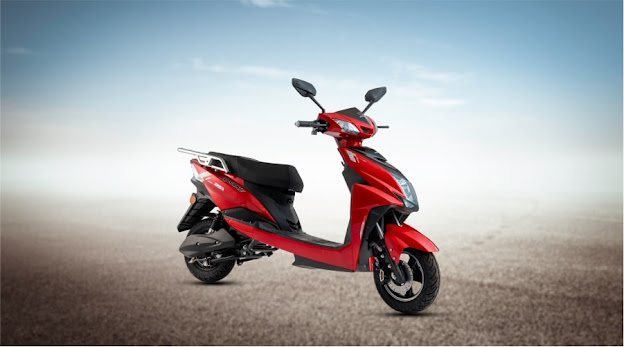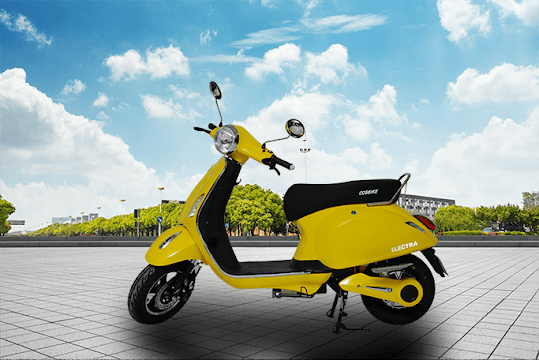The Future of Lithium-Ion Batteries in Electric Two-Wheelers- Cosbike
Lithium-ion batteries have played a vital role in the growth of the electric vehicle industry, especially in the two-wheeler segment. The use of lithium-ion batteries in electric two-wheelers has increased significantly in recent years due to their high energy density, fast charging capabilities, and long lifespan. However, with the growth of the electric vehicle market, the demand for lithium-ion batteries is also increasing, which raises concerns about their future availability and cost.
The future of lithium-ion batteries in electric two-wheelers is promising, with significant developments in technology and production processes. The demand for lithium-ion batteries is expected to increase, as the electric vehicle market grows, and the prices are expected to decrease due to advancements in technology and economies of scale.
One of the most significant challenges facing the lithium-ion battery industry is the availability of raw materials. Lithium-ion batteries require rare earth metals, such as lithium, cobalt, and nickel, which are found in limited quantities globally. However, advancements in recycling technology and the development of new sources of raw materials are expected to address this issue.
Another challenge is the safety concerns associated with lithium-ion batteries. The risk of fire and explosion due to thermal runaway in lithium-ion batteries is a significant concern for manufacturers and consumers. However, the industry is addressing this issue through the development of new battery chemistries, such as solid-state batteries, which have improved safety features.
The future of lithium-ion batteries in electric two-wheelers is also dependent on the development of infrastructure for battery charging and replacement. The availability of charging stations and battery swapping networks is essential for the growth of the electric vehicle industry. Governments and private companies are investing in the development of such infrastructure, which is expected to support the growth of the electric two-wheeler market.
In conclusion, the future of lithium-ion batteries in electric two-wheelers is bright, with significant advancements in technology and production processes. However, the industry must address the challenges of raw material availability and safety concerns to ensure sustainable growth. The development of infrastructure for battery charging and replacement is also critical for the growth of the electric two-wheeler market. With these challenges addressed, the electric two-wheeler market is expected to continue to grow, driving the demand for lithium-ion batteries in the future.




Comments
Post a Comment